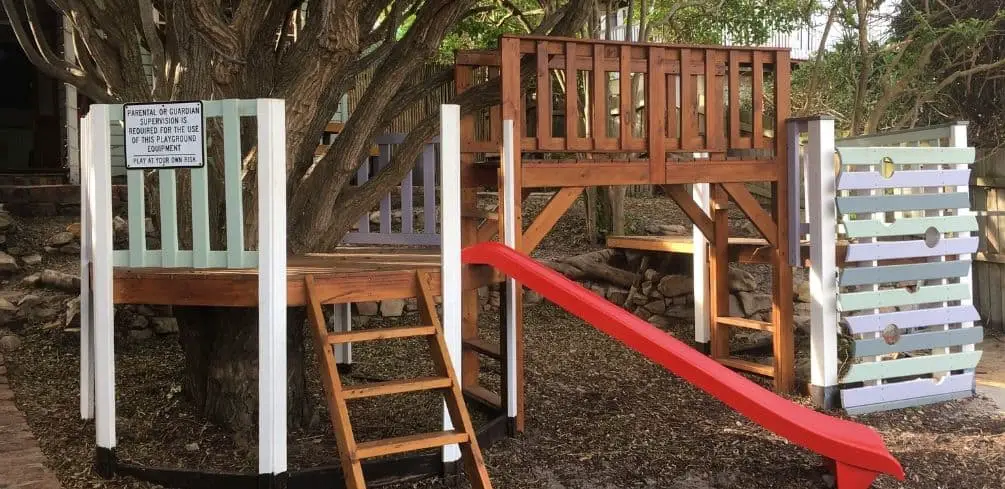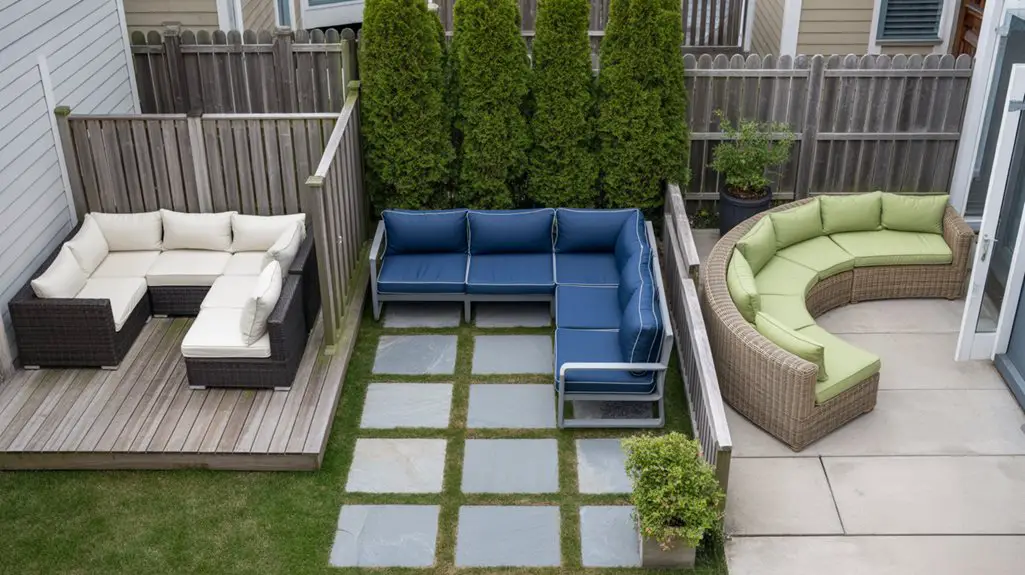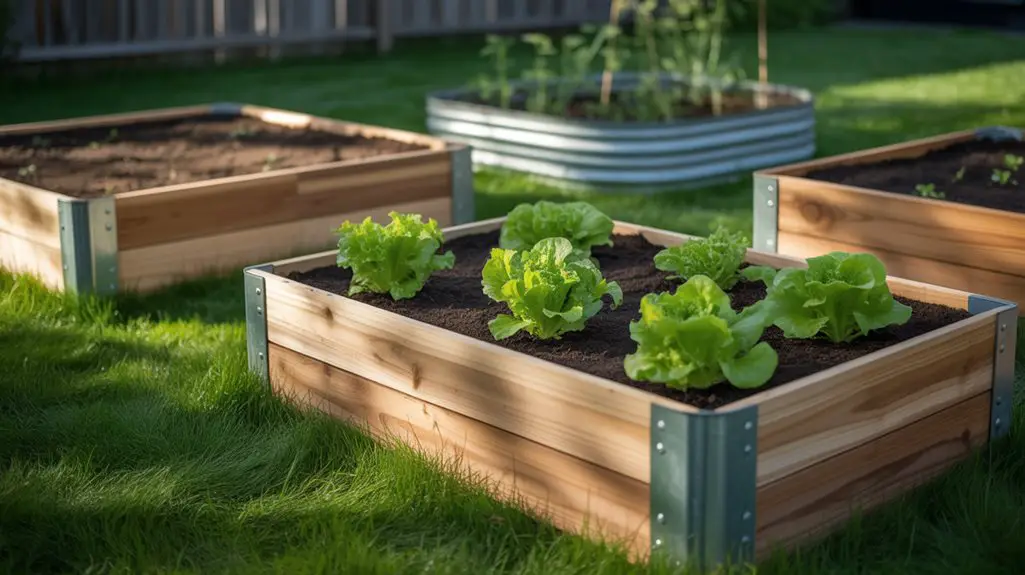You need to plan thoroughly when considering a DIY backyard jungle gym. Here are some simple steps:
- Plan and design the jungle gym
- Gather your materials
- Measure everything out
- Lay your foundation and assemble your materials
- Build the frame
- Check for structural integrity
A jungle gym is a great activity for kids of all ages. It is also a great way to get the family involved in a project together. A well-designed jungle gym can provide your children with years of enjoyment and exercise.
In this blog post, I will provide you with all the information you need to get started. I’ll discuss the materials you’ll need and the steps involved in building your own jungle gym. Let’s get started.
What is a Jungle Gym?
Before we get into the nitty-gritty of building a jungle gym, let’s first define what one is. A jungle gym is typically an outdoor play structure that consists of climbing bars, slides, and swings.
It’s a great way for kids to get some exercise while also having fun. Jungle gyms can be made from materials such as wood, metal, or plastic.
They can also be designed in a variety of shapes and sizes.
Step by Step Guide on How to Build a Jungle Gym
Building a jungle gym is a fun and rewarding project for the whole family. Here’s a step-by-step guide on how to build your jungle gym.
Step 1: Planning and Designing
The first step in any building project is planning and designing what you will build. This is especially important when building a jungle gym, as you need to take into account the materials you’ll need, the space required, and your budget.
The cost of building a jungle gym will vary depending on the materials you use and the size of the structure. It’s a good idea to research and get an idea of how much it will cost before you start building.
For most, it would cost between $200-$5,000.
You also need to consider the space you have available in your backyard. Jungle gyms can range in size from a small structure that would fit in the corner of your yard to a large structure that takes up most of your backyard.
When planning the design of your jungle gym, it’s important to factor in the age and size of your children. You need to ensure the structure is big enough for them to play on but not so big that it dominates your backyard.
It’s also important to consider the safety of your children when designing a jungle gym. Ensure there are no sharp edges and the structure is stable and not likely to tip over.
Once you’ve considered all these factors, you’re ready to start planning your jungle gym. Use graph paper or a design program to sketch a plan for your jungle gym.
Include the dimensions and where you want the climbing bars, slides, and swings to be located.
Step 2: Choose Material
The next step is to choose the material you want to use to build your jungle gym. The most common materials are wood, metal, and plastic.
Wood is the most popular choice for building a jungle gym. It’s relatively inexpensive and easy to work with. You can also paint or stain it to match your backyard decor.
Metal jungle gyms are typically more expensive than wood but are also more durable. They’re often made from aluminum or steel and can last for many years with proper care.
Plastic jungle gyms are usually the cheapest option, but they’re not as durable as metal or wood. Plastic jungle gyms can also fade in the sun over time.
Step 3: Measure and Cut the Pieces
Once you’ve selected the material you want to use, it’s time to measure and cut the pieces. This is where having a plan comes in handy.
Using your plan as a guide, measure and cut the pieces for your jungle gym. If you’re using wood, be sure to use a saw or power drill to make the cuts.
If you’re using metal or plastic, you can use a hand saw or power drill.
Measure the space where you want to build the jungle gym. Repeat the process a couple of times to make sure you have space for everything.
Additionally, remember to account for the additional room you’ll need if you’re building a swing or slide. When your kid is on the swing, you don’t want their feet to run into your neighbor’s fence.
Step 4: Assemble the Pieces
Now it’s time to start assembling your jungle gym. If you’re using wood, you’ll need to cut the lumber to size and then assemble it using nails or screws.
If you’re using metal, you’ll need to use bolts or weld the pieces together. You’ll need to snap or screw the pieces together for a plastic jungle gym.
Step 5: Laying the Foundation
The next step is to lay the foundation for your jungle gym. If you’re using wood, you’ll need to create a level surface for the structure to sit on.
This can be done by excavating a small area of your yard and leveling the ground with sand or gravel.
Step 6: Building the Frame
The next step is to build the frame for your jungle gym. This is the most important part of the structure, as it needs to be strong and stable.
Start by attaching the vertical posts to the horizontal beams. Use screws or nails to secure them in place.
When building the actual frame, you should consider some of the following factors:
Your children’s height: You don’t want the structure to be too tall or too short.
The weight of your children: The frame needs to be strong enough to support the weight of your children.
The climate: If you live in an area with high winds, you’ll need to make sure the frame is securely anchored to the ground.
In addition, consider the components; here are a few ideas:
Climbing bars: These can be made from wood, metal, or plastic.
Slides: These can also be made from wood, metal, or plastic.
Swings: Swings can be made from different materials, such as rope, chain, or fabric.
A bridge: A bridge can be made from wood, metal, or plastic.
It would probably be helpful to include your children in this project so you can ask them what features they would want to see. But be sure to keep the future in mind.
You want your 3-year-experience olds to enjoy both now and in the future. Imagine how annoying it will be if your child grows tired of the jungle gym in a matter of weeks or months.
Step 7: Adding the Finishing Touches
Once the frame is complete, you can start adding the finishing touches. This includes painting or staining the wood, attaching the roof, and adding any other features you want.
When choosing a paint or stain for your jungle gym, make sure it’s durable and weather-resistant. You don’t want the structure to fade or chip after a few months.
As for the roof, you have a few different options. You can use a tarp, corrugated metal, or shingles. Just make sure it’s securely attached to the frame, so it doesn’t blow away in the wind.
You might also want to add some additional features, such as a sandpit or storage shed. These are just a few ideas to get you started.
Step 8: Installing the Jungle Gym
Once the jungle gym is complete, it’s time to install it in your yard. This process will vary depending on the material you used.
If you’re using wood, you’ll need to dig holes for the posts and then secure them in place with concrete.
You’ll need to use bolts or weld the pieces together for a metal jungle gym. And for a plastic jungle gym, you’ll need to snap or screw the pieces together.
Step 9: Adding the Accessories
The final step is to add the accessories, such as swings, slides, and climbing bars. These can be purchased at your local hardware store or online.
Once you have all the accessories, you’ll need to install them on the jungle gym. This process will vary depending on the type of accessory.
For example, if you’re installing a swing, you’ll need to attach the chains to the frame. And if you’re installing a slide, you’ll need to screw it into place.
That’s it. You’ve now built your very own jungle gym. Be sure to supervise your children when they’re using it and check for damage regularly.
With a little bit of care, your jungle gym will provide years of fun for your family.
How Do You Make the Jungle Gym Safe for Your Children?
Now that you’ve built your jungle gym, it’s important to make sure it’s safe for your children. Here are a few tips:
Check for sharp edges
All the edges on the jungle gym should be smooth. If you find any sharp edges, sand them down or cover them with tape.
Inspect the frame regularly
Check the frame for any signs of damage, such as cracks or splinters. If you find any damage, repair it immediately.
Check the accessories
Inspect the swings, slides, and climbing bars regularly. Make sure they’re in good condition and aren’t showing any signs of wear and tear.
How to Build a Jungle Gym | FAQs
How long does it take to build a jungle gym?
The amount of time it takes to build a jungle gym will vary depending on the size and complexity of the structure. It could take anywhere from a few hours to a few days.
What are some safety tips for building a jungle gym?
When building a jungle gym, it’s important to keep safety in mind. Make sure the structure is tall enough so your children can’t climb over it.
And be sure to use weather-resistant materials so the jungle gym can withstand the elements. Also, be sure to check for damage regularly and never leave your children unsupervised while they’re using the jungle gym.
Can you put a climbing frame in your garden?
Yes, you can put a climbing frame in your garden. Just make sure the ground is level, and there’s no chance of it tipping over. Also, be sure to anchor it down, so it doesn’t blow away in the wind.
Do I need planning permission to build a climbing frame?
In most cases, you won’t need planning permission to build a climbing frame. However, it’s always best to check with your local planning department to be sure.
Final Thoughts
Building a jungle gym is a great way to provide hours of fun for your children. You need to make sure you use the proper materials and take safety precautions, but other than that; it’s a relatively easy project.
So, get out there and build something your children will love. I hope you enjoyed this blog post. Thanks for reading.
Please be careful and use at your own risk
None of the authors, contributors, administrators, or anyone else connected with BestPlaygroundSets, in any way whatsoever, can be responsible for your use of the information contained in or linked from these web pages.




